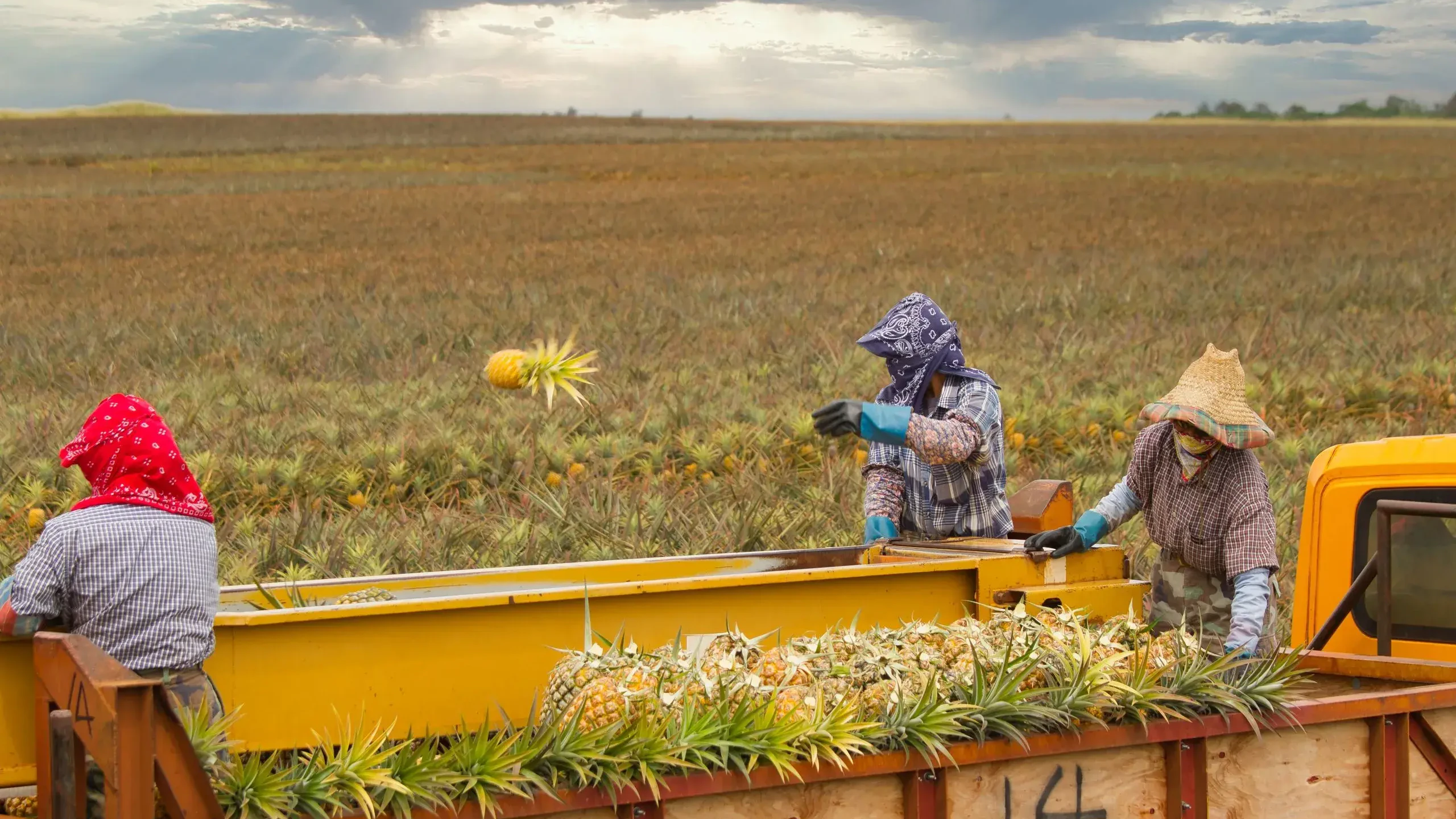Building on the success of Parkway Village Kapolei — a 401-unit affordable rental community constructed on city-owned land in the second city — the City and County of Honolulu is continuing its quest to build more affordable housing on O‘ahu, and in Kapolei specifically.
This week, the city issued a request for qualifications, or RFQ, seeking a partner to redevelop underused, city-owned land located along Kapolei Parkway between Wakea Street and Kamokila Boulevard. According to the RFP, the property has been subdivided into two separate lots spanning about 7.4 and 7.8 acres.
The selected developer will enter into a development contract and 75-year ground lease for the design, financing, construction and operation of a "future mixed-use, transit-oriented development project with a significant affordable housing component," the RFP notes.
Parkway Village was completed in just 15 months and now the city intends to "replicate that success" with these additional parcels, Kevin Auger, director-designate of city's Department of Housing and Land Management, said in an announcement earlier this week.
Partnering with developers to build housing on under-used city-owned land is part of the city's three-year strategic housing plan, which was unveiled earlier this year.
It's a "central component of our strategy to deliver more housing across O‘ahu," the plan notes, adding that by soliciting RFQs for development partners gives the city "greater flexibility to craft practical agreements with development partners that can be tailored to the individual requirements of specific assets."
There's been a lot of momentum recently around the redevelopment of parts of Iwilei and Honolulu's urban core — and with that more housing.
In March, the city issued another RFQ for the redevelopment of the Iwilei Center. Earlier this month, it issued a request for proposals, looking for a multidisciplinary planning and development team to prepare a transit-oriented development plan dubbed "Transforming Iwilei-Kapālama: Connecting People and Places."
And earlier this year, the city issued yet another RFQ for the redevelopment of four city-owned properties in Honolulu into affordable rental housing: 1615 Ala Wai Blvd., 436 ‘Ena Road, 130 S. Beretania St. and 1421 Pensacola St.
In an emailed response to questions from Aloha State Daily, Auger said Thursday that momentum has been building by design. He notes that the city's Strategic Housing Plan prioritizes increasing housing production along the Skyline rail corridor.
According to Auger, transit-oriented development plans for neighborhoods around rail stations have been in the works for a decade or more. They've undergone "robust community engagement" and have been approved by the Honolulu City Council.
"The administration is now activating these plans," he said. "These are the areas that make the most sense for future housing development: infrastructure can be aligned to support development, they allow for the creation of walkable neighborhoods with convenient access to job centers, allowing households to be less reliant on automobiles and, in return, reducing greenhouse emissions.
"But housing is an islandwide issue, and we can’t solve it by building in just one part of Oʻahu," Auger continued. "West Oʻahu — and Kapolei in particular — plays a critical role in our broader strategy. Kapolei was planned from the outset to accommodate growth, and it remains one of the few areas with large, underutilized city-owned parcels and the infrastructure to support new development. This site sits right in the heart of Kapolei, surrounded by schools, health care, jobs and transit — exactly the kind of place where city land should be put to better use."
Auger noted that the city plans to continue its efforts to expand affordable housing opportunities across the island "and activating public lands to deliver housing where we can make the most immediate impact."
What are some of the biggest challenges the city faces in its affordable housing initiatives?
"The Department of Housing and Land Management is only six weeks old; our budget doesn't even become operational until July 1," Auger said. "But we’ve organized a solid platform that we intend to continue to build on."
The city in April established the Department of Housing and Land Management, which consolidated key land and housing functions into a single department.
"Building housing, anywhere, is harder and more expensive than ever," Auger continued. "We understand that and we are pragmatic about the things we can and can’t control. Our approach focusses on maximizing leverage over the things that are within our control — our land, our permitting tools and our relationships — to get more done faster.
"The biggest challenge I have as the director of this platform is time. It’s the primary driver. I feel like we are racing against the clock. We have three years and six months to make up for three decades of inaction. So, I’m particularly focused on what I can do now, not five or 10 years from now. I am also focused on the platform that we will be handing off to the next team who comes in behind us. To restore functionality, to restore trust, to restore competence. Those are the things we are focused on. We owe that to our families, to our community and to Oʻahu’s future."
Auger said that responses to the RFQs the city has issued to date have "exceeded expectations," and the city anticipates "similarly strong interest" in the Kapolei property.
"We are looking for committed, highly qualified partners who are prepared to move these projects forward expeditiously to get these developments into production as quickly as possible so we can deliver more housing as quickly as possible," he said. "We are here to drive the process not kick tires and we believe the development community understands that."
More information about the RFQ can be found here.
Stephanie Salmons can be reached at stephanie@alohastatedaily.com.





